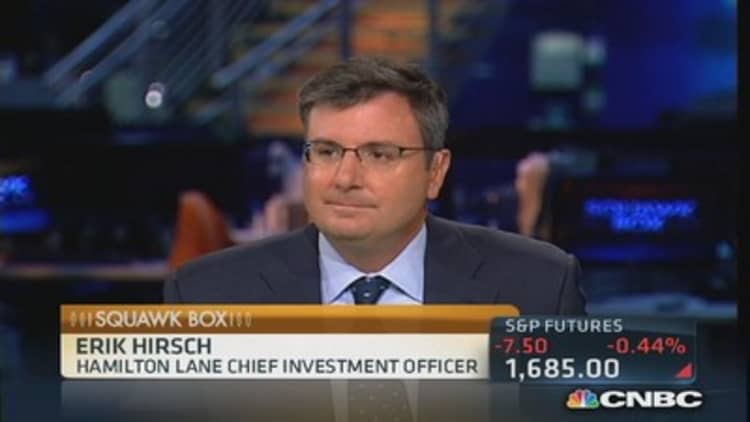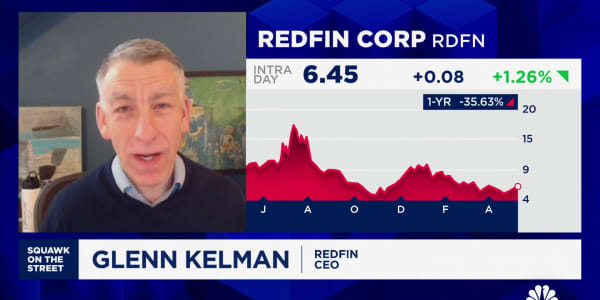Investing in private equity funds may not be so great after all.
While the raw rates of long-term returns are often above other assets classes like stocks, bonds and real estate, investors essentially break even when illiquidity and other costs such as manager fees and risk of losing money are taken into account, according to a new academic study released by the National Bureau of Economic Research.
Private equity funds are illiquid because investors must typically agree to commit their money to the investment manager for about 10 years. Investors can move in and out of other more liquid assets classes like stocks and bonds on a virtually second by second basis.
"The essence of our paper is that the costs of illiquidity may be large," Morten Sorensen, co-author of the "Valuing Private Equity" paper and an associate professor at Columbia Business School, said by email. "In our baseline specification, the costs of illiquidity are larger than the costs of fees, and all these costs combined are sufficiently large that an average limited partner just breaks even."

Sorensen authored the paper, which is now being reviewed by other academics, with Neng Wang of Columbia and Jinqiang Yang of Shanghai University of Finance and Economics.
Their research found that private equity shops like Blackstone Group, KKR & Co. or Carlyle Group must generate a so-called public market equivalent of about 1.30 on average to break even.
The number essentially compares the returns from a PE fund to an index such as the S&P 500. A number greater than 1 indicates that the PE fund outperformed. The average return for PE funds, based on previous academic work, is 1.27.
(Read more: )
Academically, the paper's main contribution appears to be a more nuanced way to assess the benefits of a private equity investment. But Sorensen said PE investors can draw two practical lessons from the paper.
First, investors with less of their portfolios in private equity can relax more about their money being locked up. "Such small allocations do not raise particular concerns about illiquidity, and they may be perfectly sensible for an LP that wants some diversification and exposure to PE."
Second, pensions, endowments and other investors that have a big chunk of their portfolio in PE could be miscalculating how good it is.
"The cost of illiquidity seems to be substantial, so LPs with large allocations should be particularly cautious that they either can identify top-performing funds, or have the risk capacity for such long-term illiquid investments," Sorensen said. "One thing we saw in the 2008 crisis is that many LPs were surprised to realize that they had less risk capacity than they thought, and some were forced to liquidate their PE investments prematurely due to liquidity demands."
(Read more: Private equity's growing play: Africa)
The private equity industry is standing by its returns.
"Private equity is the highest returning asset class for investors—net of fees—over long time horizons," Noah Theran, spokesman, Private Equity Growth Capital Council, said in a statement. "Pension funds, charitable foundations and university endowments rely on their private equity investments to accomplish their missions of securing the retirement of millions of Americans, engaging in charitable work and providing financial aid to students."
PEGCC recently released a study showing that PE delivered a 10 percent median annualized return to 146 public pension managing more than $1 billion over the last 10 years.
(Read more: These pension funds made a killing with private equity)
—By CNBC's Lawrence Delevingne. Follow him on Twitter @ldelevingne.






